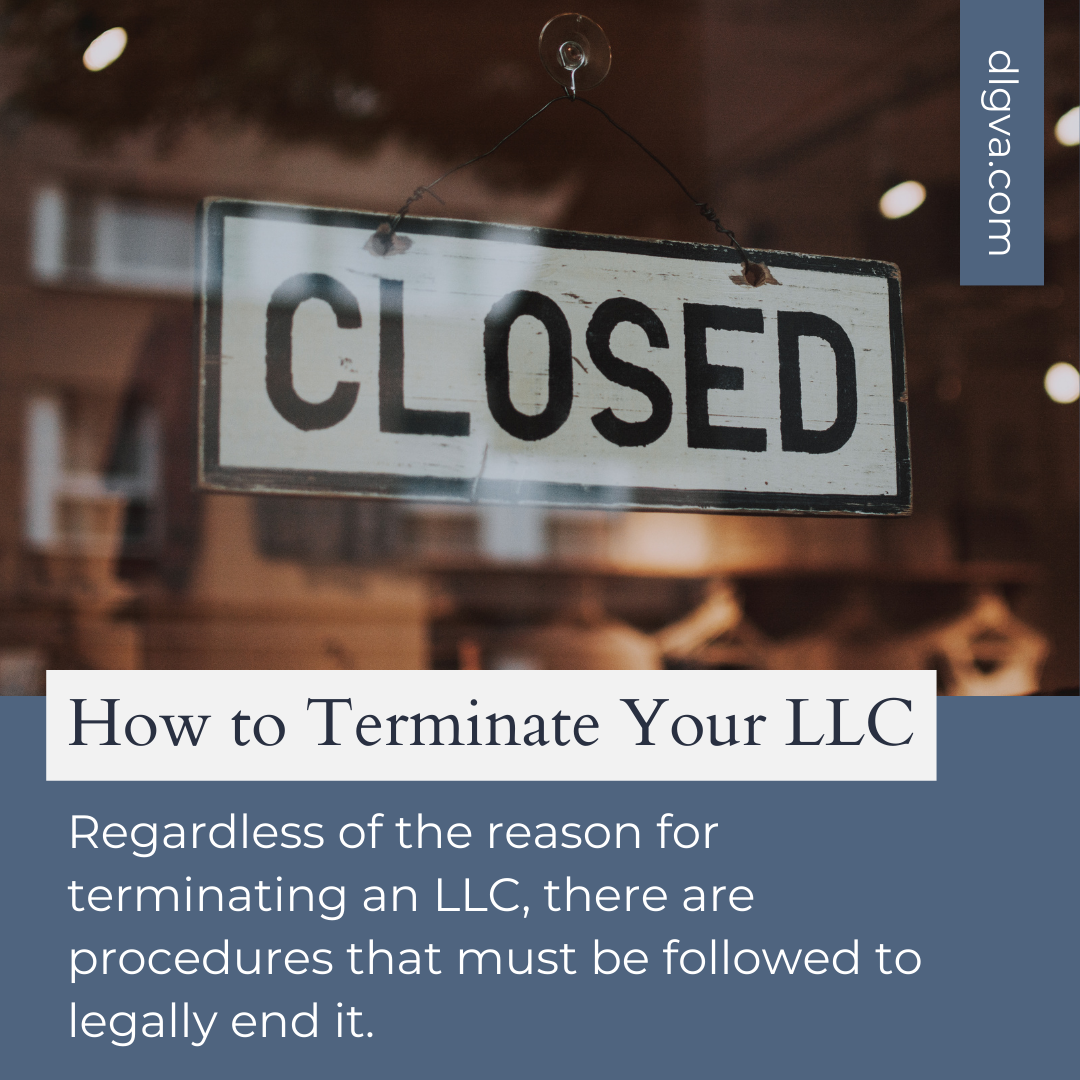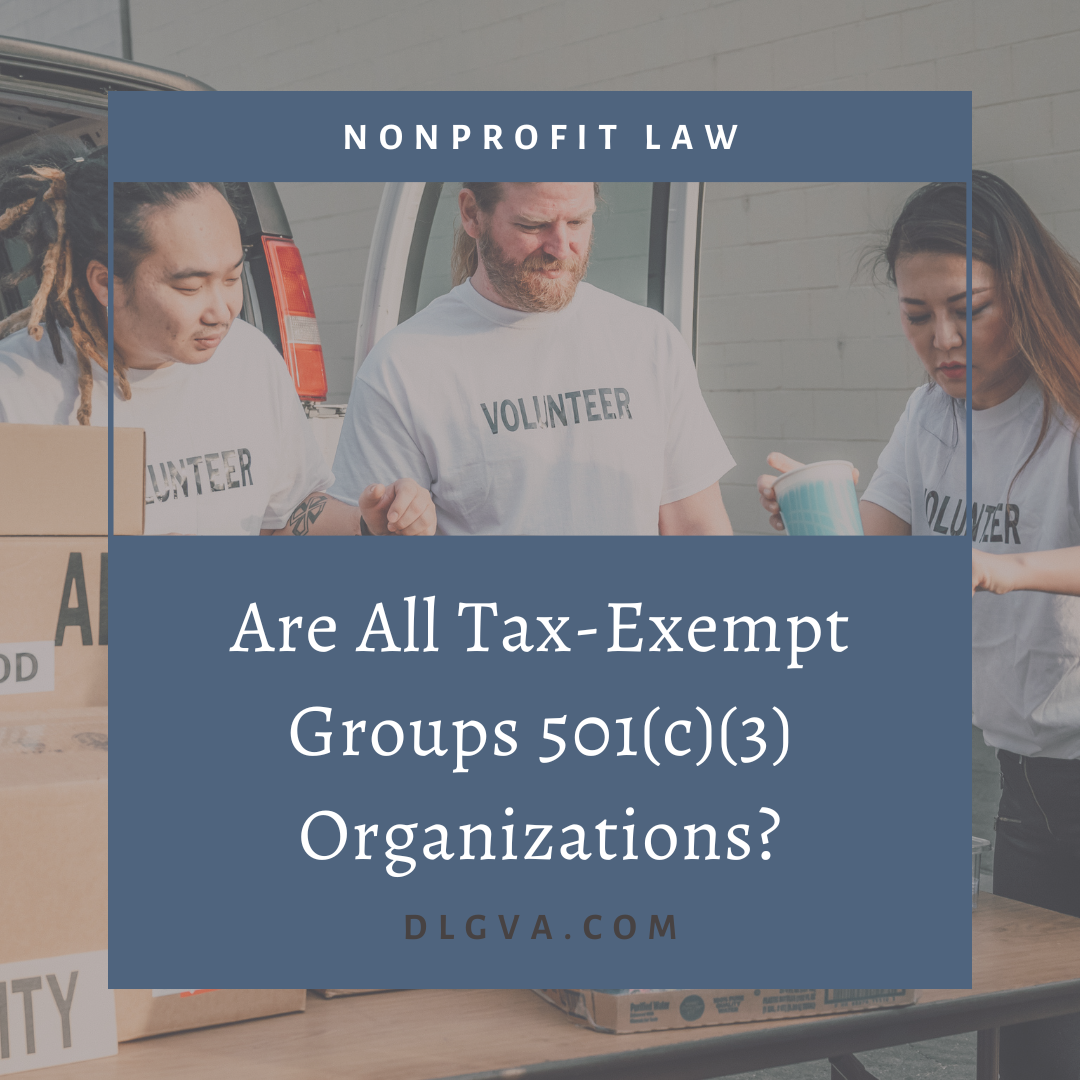Being named as a successor trustee in someone’s revocable living trust document can be considered a great honor. But with that honor comes responsibility. Whether you were appointed to this role due to
southeast Virginia
- You're Here
- Home Tag: southeast Virginia ( Page 2 )
When establishing a trust, you must give serious thought to who you choose as your successor trustee—the person who will manage, invest, and hand out the trust’s accounts and property once you are
Comprehensive estate planning involves more than just planning for your legacy after your death, by avoiding probate, and reducing taxes. Good estate planning also appoints people to make legal, financial, and medical decisions
A couple in which one spouse is not a U.S. citizen may need to engage in special estate planning. It is important to note that the general estate planning rules do not change
A registered agent is a person or company that receives official paperwork, like service of process, on behalf of an entity. The registered agent must pass on any paperwork it receives to the
You have recently divorced your spouse and the judge has signed the divorce decree. Now what? Although you may feel as though you have spent enough time and money on lawyers, there is
When you started your limited liability company (LLC), the last thing you probably had on your mind was ending it. Many LLCs are created for specific purposes, however, and when that purpose has
If you've just received orders for a deployment, there are probably a million things racing through your head that need to be taken care of. Whether you're leaving in a week or in
People often equate federal tax-exemption with 501(c)(3) organizations. 501(c)(3) organizations are just one of many types of organizations that are eligible for tax-exemption. There are 29 tax-exempt groups mentioned in § 501(c) of
Difference Between Wills and Trusts A will is a document that provides instructions for how to distribute a person’s assets after death. A will only becomes effective upon the testator’s death, so the
Our Practice Areas Include:
Blog Categories
Recent Blog Posts
Address
© Davis Law Group | Privacy Policy | Disclaimer | Website creation & maintenance by Bull & Company MediaWorks















